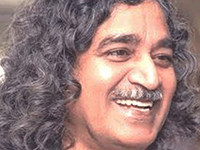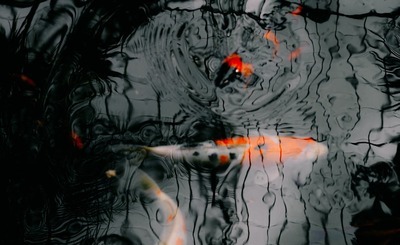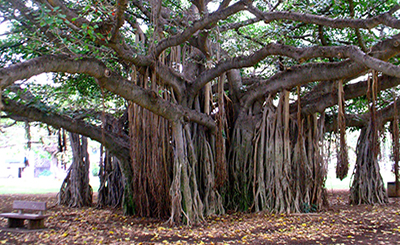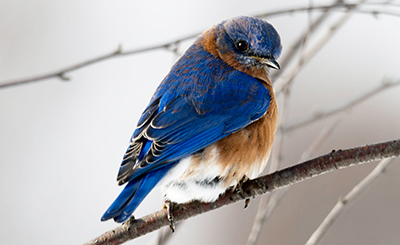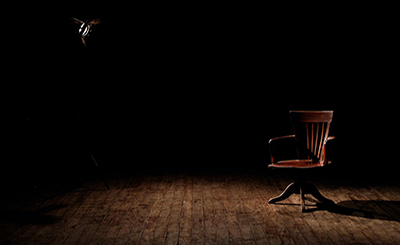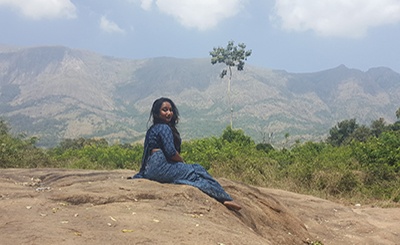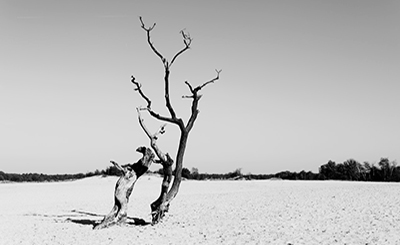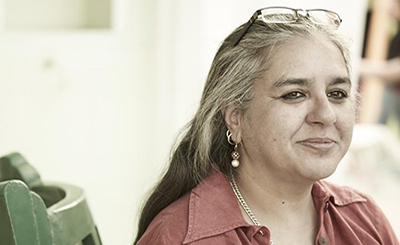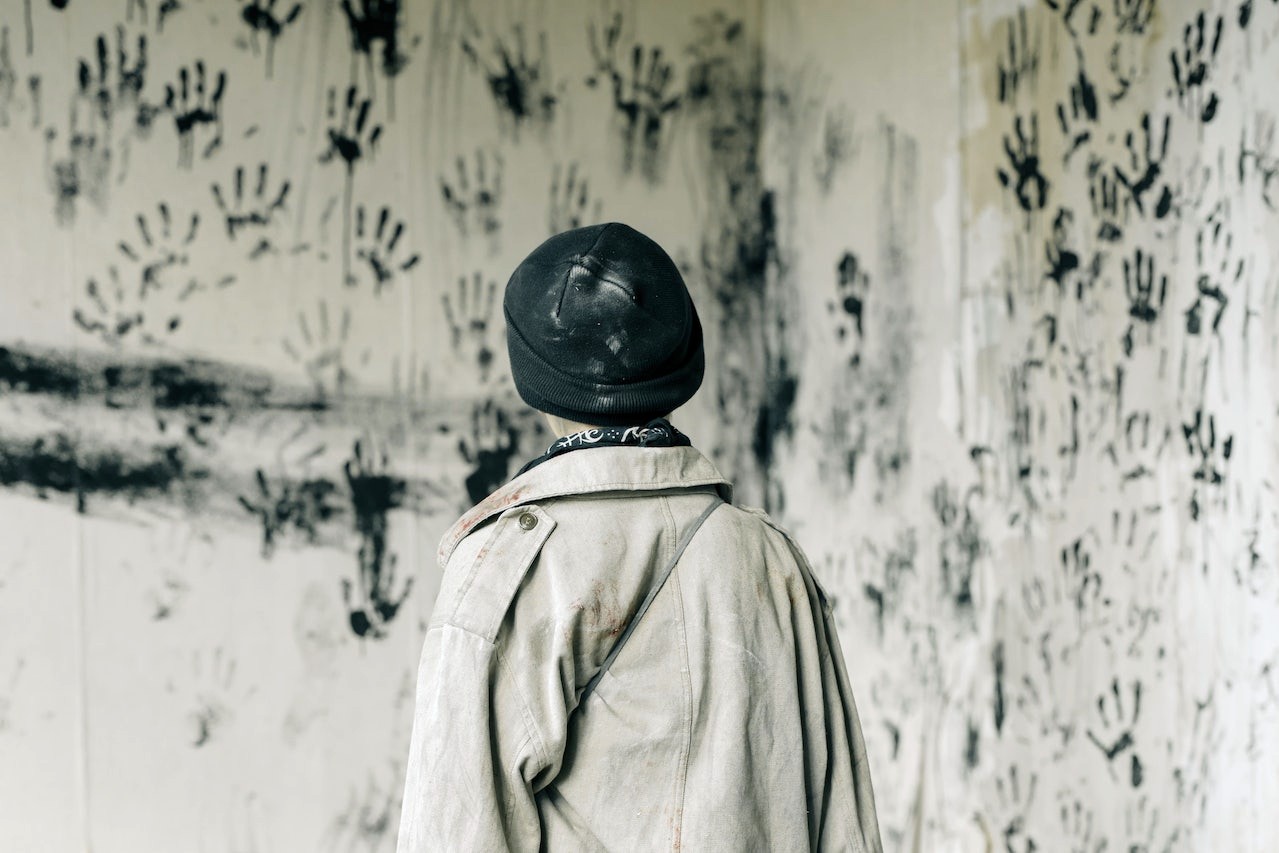
The moonlit night crawled all over the river of gold. It slowly started breathing like a newly-wedded bride lumbering into post-coital joys. Rivers play a language game with us like lions and lizards pulling and hauling at each other in the deserts. We complain, suffer and become trapped in the multiple voices of water. According to travel scriptures, rivers represent our primal awareness. It is pre-Mirror stage in the evolution of civilization. It is a state of remaining within our boundaries. Rivers are like a fully blown flower of narcissism — transparent, translucent, and transient. If something hurts you at this stage, you simply erase it from your awareness. With the passage of youth, rivers grow old and decay into the sea — a cold morgue of our fantasies. I don’t know if you have ever come across skeletons of dead rivers in the sea or heard of the gastronomical habits of the sea eating up our land, literature and art.
My father had sailed for several days chasing river pirates. Laden with raw gun powder, his camel-hump-shaped patrolling boat had strayed far. The rainless July heat was driving his men crazy. The excitement of catching pirates with exotic animals had dried up. Rifles slung on their shoulders, they kept smoking Panama cigarettes and playing Snakes and Ladders. This was their first outing with my father and they were disappointed. They were eating boiled eggs and potatoes every day. And the new marine commissioner had prohibited them from accepting gifts from gypsy traders in Ghatsila. A murky despair penetrated through the skin of their souls; everyone on the patrolling boat felt sick with a strange incurable ailment. From a great distance, my father could hear the sounds of local passenger trains carrying half-naked mining workers. The world outside was swathed in a naked darkness of greed and lust. And my father was slowly opening up to his holographic memory, made up mostly of hallucinations. French and Spanish wines were very expensive for the patrolling boats. Local wines did not last long. He had brought a bottle of Havana Rum. But he could not finish it. There was shortage of cinnamon and nutmeg for blending with rum.
He had promised my mother that he would stop river pirates from extracting gold from the river sand. If happiness was violence, let it be. He told himself. Fear? Fear of violence or happiness? He imagined he was lying in bed, sniffing hydrogen peroxide and making love with my mother. His irresistible attraction for transgressing the limits of rivers had a liquid secret. He knew that once the day broke, there would be nothing to fear. He had studied hydrology, and learnt hydrology was God’s favourite science. He relished the mechanics of underground rivers, and enjoyed swimming underwater. I found my father’s water exploits terrifying, so terrifying that I find bathing in hotels claustrophobic, an opulent way of dying.
It was 1934, the year of the great earthquake. My mother had just turned sixteen. Her dentist father married her off to my father. She was a woman of great energy, talent and independence. She was never afraid of any men or husbands. In her mountainous bed, she was a fiercely unpuritanical lover. It is not true that she was flawless. One of her personal blemishes was her habit of nocturnal walk upon the river. Gathering uncensored experiences of defective dentures of people, she decided to live in a small place, grow peppers and write novels. Her handwriting was better than my father I am told she was interested in examining the effect of sex upon the novelists. She had the habit of dropping into poetry very readily and upon almost any subject; the moon, poverty and young revolutionaries in Bolivia. It is not that she was not trained in making banana breads, knitting stockings, and repairing old clothes. She also mastered the art of Papyrotamia, the cutting of paper in ornamental design as lover’s token of the day. Still, some of her neighbours found her scandalous, extravagant and dangerous. I can attest to the fact that her tongue was voluble, bolder than men. This might have offended her neighbours. But in times of sickness and affliction, everyone rushed to her house for barley broth and embroidered face masks. Sickness makes us better neighbours. However fanatical we may be but noble and ignoble perish together when your ship sinks in the waters.
My father used to bring home turtle on his return voyage from harbour patrolling. Over the years, our house had become a town of turtles. No wonder, every year my mother organized a carnival of turtles for local villagers. She loved the rough, unsociable sands of the river of gold; they were not rounded like the sands of the desert. She also used them to scrub her ankle dirt. I don’t know if you know this — rivers smell like plain mud. And my mother loved this smell. It was her way of treating all sorts of sickness. After so many years with my father, she had settled in the daily routine of waiting for him. Day light had dimmed. Elderly grasshoppers had taken night shelter in our house. My mother was happy rains had finally arrived. Her hot, tired, perspiring body sensed a much-awaited relief. She looked so calm in the faint pale shadows of her past adventures streaming through the open window. Her sun-burnt face carried no sign of guilt or shame. Before she could burst into tears, the giant sheets of rains rushed into the hallways flooding all the silent crevices of desires in her body. The next morning, there was no trace of my mother. I suppose she may have become a river again.
The story was longlisted in the Strands International Flash Fiction Competition 9, September 2020
More from The Byword
Comments
*Comments will be moderated



